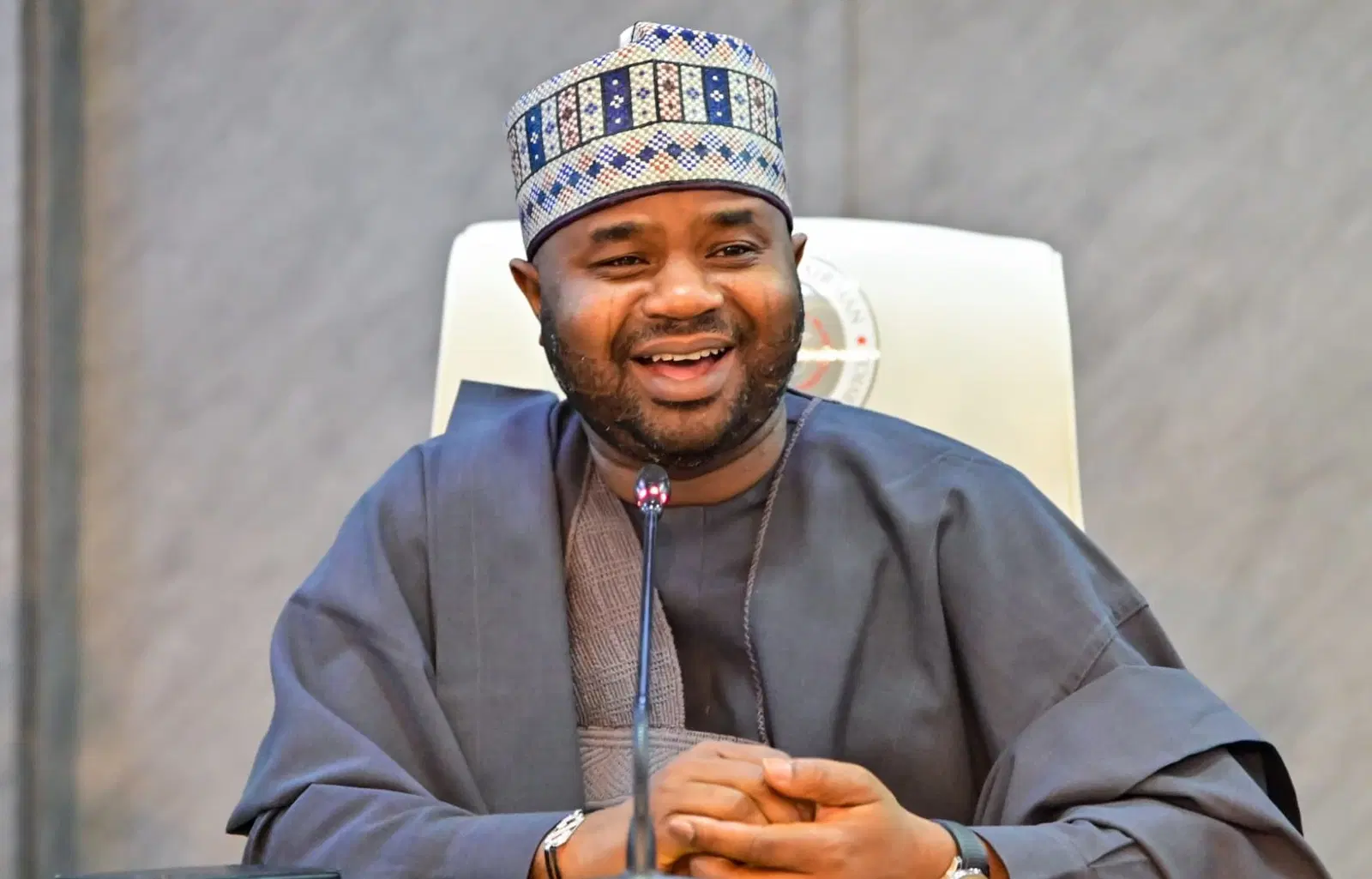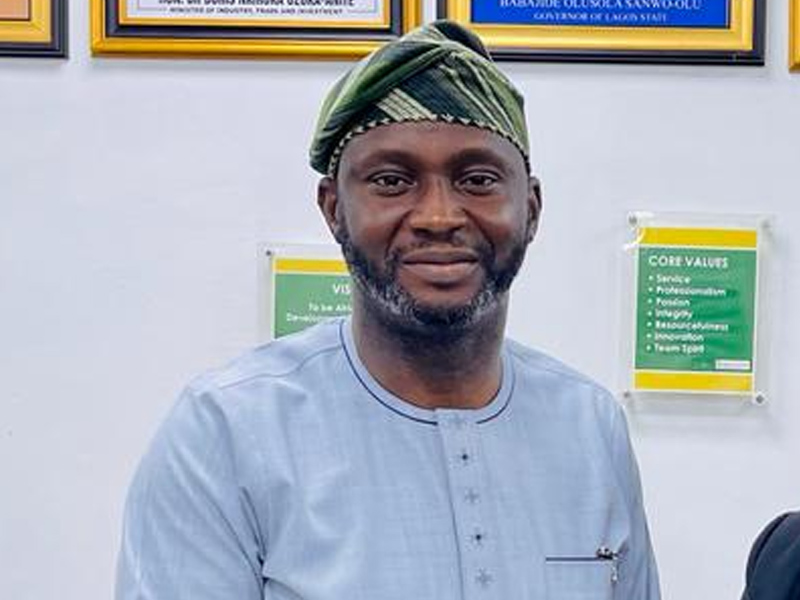In a significant development for Nigeria’s tax system, various stakeholders have partnered with the Federal Inland Revenue Service (FIRS) to strengthen the country’s tax dispute resolution mechanisms. This collaboration aims to create a more efficient and transparent process for resolving tax-related conflicts, ultimately fostering greater compliance and trust among taxpayers.
Enhancing Tax Dispute Resolution Mechanisms
During a recent forum in Abuja, stakeholders discussed the challenges facing the current tax dispute resolution framework. The event brought together representatives from the FIRS, tax professionals, legal experts, and business leaders, all united in their commitment to improving Nigeria’s tax administration. The discussions focused on identifying gaps in the existing system and proposing solutions that would streamline dispute resolution.
FIRS Executive Chairman Zaach Adedeji emphasized the importance of a robust dispute resolution process. He stated, “A fair and efficient tax dispute resolution system is crucial for building trust between the government and taxpayers. We must ensure that taxpayers have access to a transparent process that addresses their concerns.” Adedeji highlighted that improving these mechanisms would encourage voluntary compliance and reduce the backlog of cases currently faced by the FIRS.
One of the key proposals discussed included the establishment of dedicated tax dispute resolution offices within the FIRS. These offices would serve as specialized units to handle disputes more effectively and provide timely resolutions. Stakeholders also suggested implementing training programs for FIRS officials to enhance their skills in mediating and resolving disputes.
Strengthening Collaboration for Better Outcomes
Moreover, the forum underscored the need for continuous collaboration between the FIRS and stakeholders. By working together, the FIRS can better understand the concerns of taxpayers and address them proactively. Participants called for regular engagement sessions to facilitate open dialogue and feedback.
Tax professionals and legal experts expressed their readiness to assist the FIRS in developing best practices for dispute resolution. They highlighted that involving various perspectives would help create a more comprehensive approach to addressing tax disputes. “We are committed to supporting the FIRS in its mission to enhance tax administration in Nigeria,” said a representative from the Institute of Chartered Accountants of Nigeria (ICAN).
Additionally, the stakeholders discussed the potential use of technology to improve dispute resolution processes. Implementing digital platforms could enable faster communication and documentation of disputes, further streamlining the resolution process.
In conclusion, the partnership between stakeholders and the Federal Inland Revenue Service represents a proactive step toward enhancing Nigeria’s tax dispute resolution framework. By focusing on efficiency, transparency, and collaboration, this initiative aims to build trust and encourage compliance among taxpayers. As the FIRS moves forward with these reforms, the commitment of all parties involved will be vital in achieving a fair and effective tax administration system for Nigeria.




